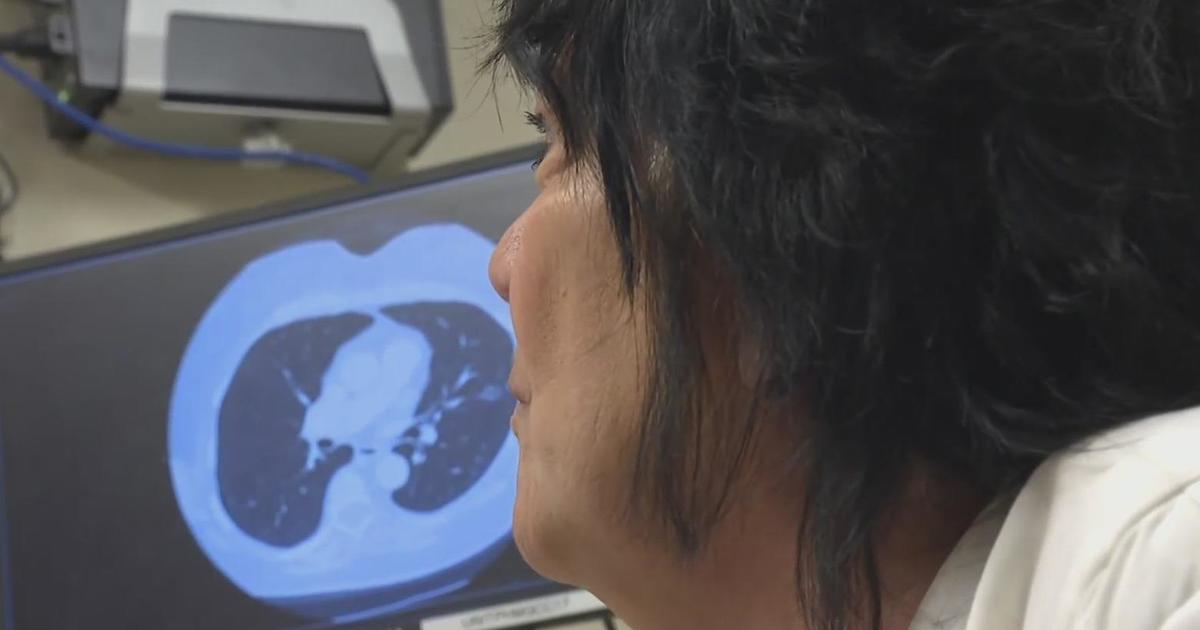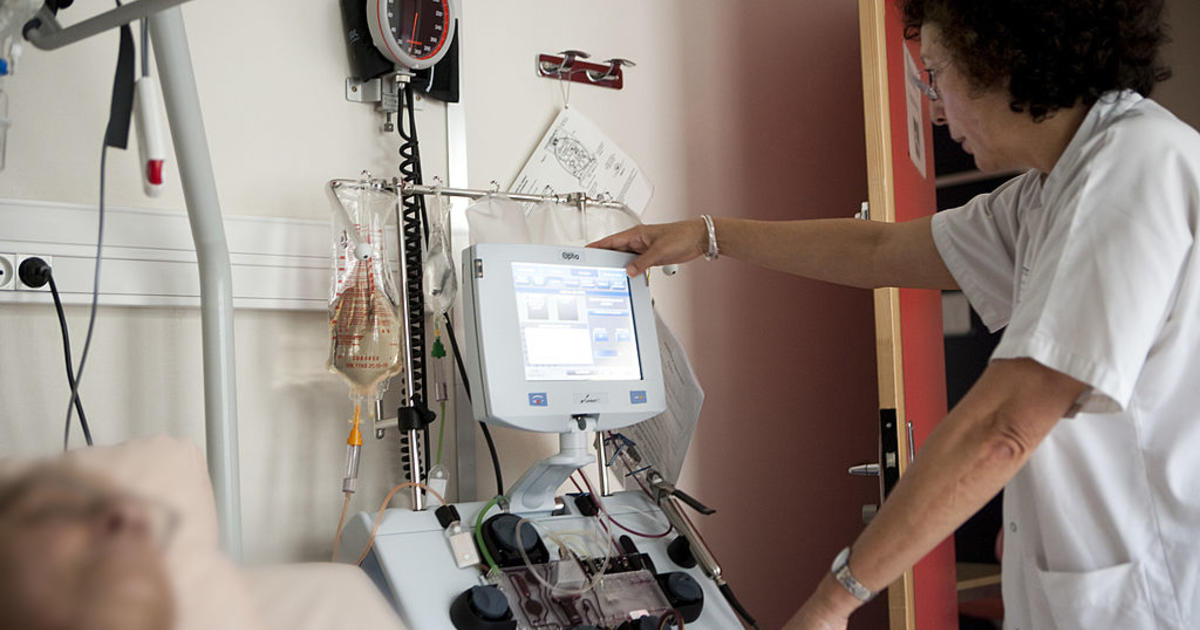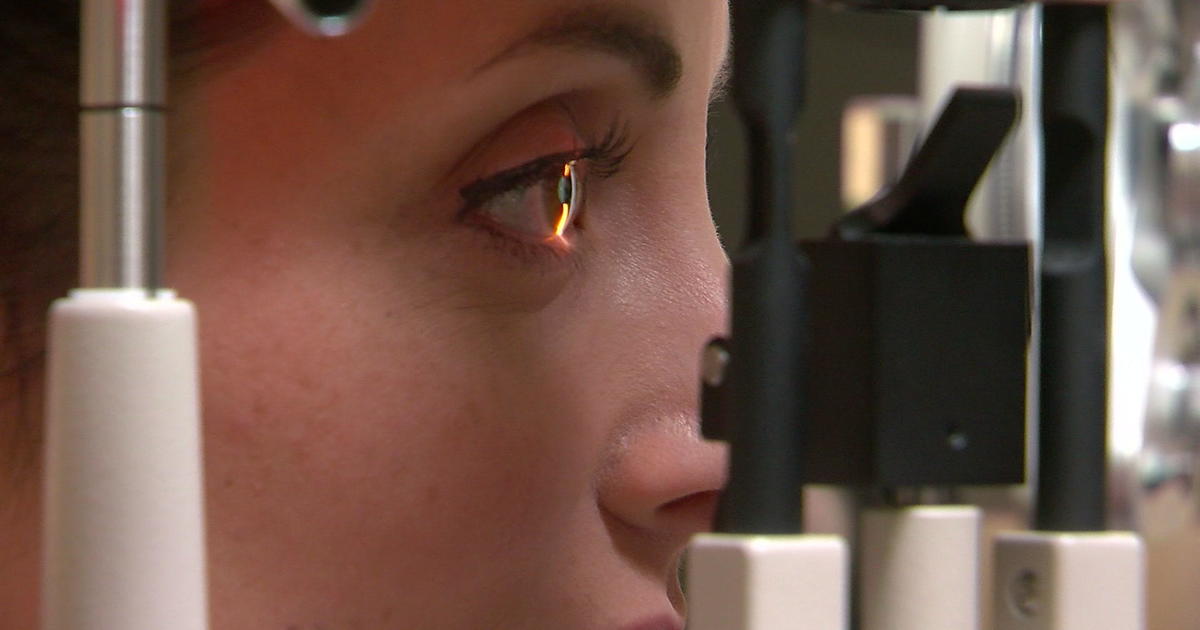Study: Cervical Cancer Killing Women At Higher Rate Than Previously Thought
PITTSBURGH (KDKA) -- A new study shows cervical cancer is killing women at a higher rate than previously thought.
It's not that there's been a big jump in cases. Instead, this study looked at the existing numbers differently to paint a more accurate picture.
It found white women are dying from cervical cancer at a rate 47 percent higher than previously calculated, but for African-American women, the death rate is 77 percent higher.
Dr. Fredric Price is the system director of Gynecological Oncology for Allegheny Health Network. He wasn't involved in the new study, which was done by researchers at Johns Hopkins Bloomberg School of Public Health, but he was able explain why the study shows the risk of dying from cervical cancer appears to have jumped.
"The absolute number of cervical cancer cases, about 13,000 women in the United States every year didn't change," said Dr. Price. "It just turns out that more were included in the risk numbers than really needed to be."
Previously, studies included women who had had hysterectomies for reasons other than cancer. This new study excluded those women because they would have no chance of developing cervical cancer.
"The number of cases is the same and the number of deaths related to cervical cancer has not changed," said Dr. Price. "What's changed is that the number of women at risk has been made more accurate."
Join The Conversation On The KDKA Facebook Page
Stay Up To Date, Follow KDKA On Twitter
Those more accurate numbers show that African-American women are dying from cervical cancer at a rate much higher than white women.
Dr. Price says there could be many factors involved, but says the exact reason for the difference is a bit of a mystery. He says social factors including access to screening maybe part of the reason.
The CDC says almost all cervical cancer is caused by the human papillomavirus, and there's a vaccine for that.
"HPV vaccine is a revolutionary way of preventing cervical cancer," said Dr. Price. "I really wish that it was much more of a part of everyday American life for children like it is to be vaccinated against mumps, measles, rubella."
HPV is passed from one person to another during sex.
The vaccine for it is recommended for both boys and girls 11 or 12 years of age, but can be given up to age 26.



